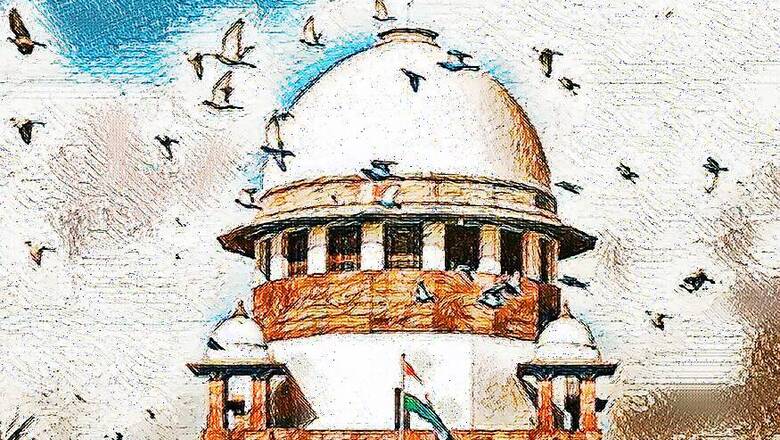
views
New Delhi: The dragging political crisis in Maharashtra is one in a series of situations that has tested the extent of the governor’s powers in cases of hung assemblies. As the Maharashtra drama plays out in the Supreme Court, with the top court set to give its final word on floor test on Tuesday, News18 takes a look at how similar situations unfolded in other states.
Karnataka, 2018
The Supreme Court had put an end to the tussle for power in Karnataka after a three-judge bench ordered that a floor test be conducted and ordered that the Pro tem speaker will conduct the floor test and the Speaker’s discretion will prevail.
This was after the three-hour long midnight hearing that took place in the apex court which had refused to stay the swearing-in of BS Yediyurappa. At the start of the hearing, senior lawyer Mukul Rohatgi had produced the letter by Yediyurappa to the Governor.
“I have the support of others and requisite majority,” read the letter. Rohatgi said there was no need to name the MLAs supporting the BJP and that the SC was not the forum for such an action and that it would be proven on the floor of the House. “Ultimately it is a numbers game and the Governor needs to see which side has the numbers,” Justice AK Sikri said.
Rohatgi, however, insisted that there was an “unholy alliance” between the Congress and the JD(S).
However, later the court pondered on two alternatives. First, to hold the floor test the next day itself or to hear the matter at length and decide the validity of the Governor’s decision. Abhishek Manu Singhvi, arguing for the Congress, said that there was “no such thing as the Governor’s discretion”. Later, the court laid to rest the dispute by stating that “whosoever might have been called, the final test is on the floor of the House”.
Arunachal Pradesh, 2016
In the case of the north-eastern state, the Supreme Court had quashed the imposition of President's Rule and ordered restoration of the Congress government. In its landmark unanimous verdict, a five-judge Constitution Bench, headed by Justice JS Khehar, ordered that status quo ante as prevailed on December 15, 2015 be restored in Arunachal Pradesh Assembly.
It held that all steps and decisions taken by Arunachal Pradesh Legislative Assembly in pursuance to Governor Jyoti Prasad Rajkhowa's order of December 9, 2015, are unsustainable. The apex court said the Governor's decision advancing Arunachal Pradesh Assembly session by a month was violative of the Constitution and liable to be quashed. The court said that the Governor's direction on conducting assembly proceedings is violative of the Constitution.
Uttarakhand, 2016
Congress leader Harish Rawat was reinstated as the CM of the northern state after the Supreme Court put its seal of approval on a floor test in the Assembly that it monitored. This was almost six weeks after Rawat was ousted, following the imposition of President’s rule in the state.
“Rawat gets 33 votes out of 61 in the floor test. No irregularities were found in the voting. Nine MLAs could not vote due to their disqualification,” an apex court bench said and directed the revocation of President’s Rule so Rawat could assume office.
President’s Rule had been imposed in the state after nine of Congress’s MLAs had sided with the BJP on the Appropriation Bill. These rebel MLAs were eventually disqualified by the speaker under the anti-defection law — a decision that was eventually upheld by the HC and the Supreme Court.













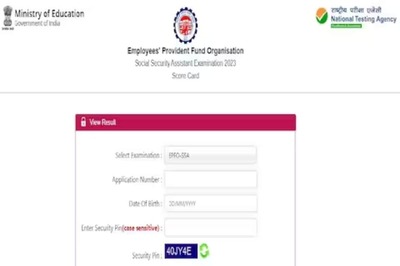
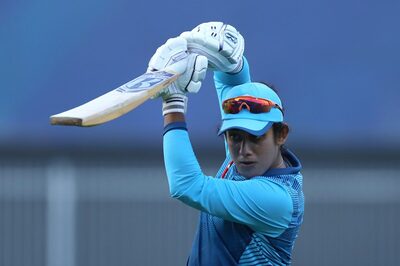
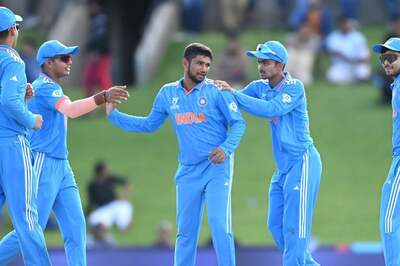
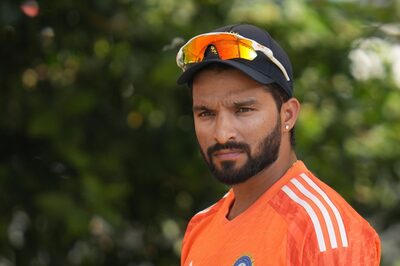
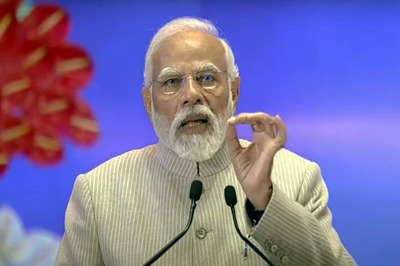

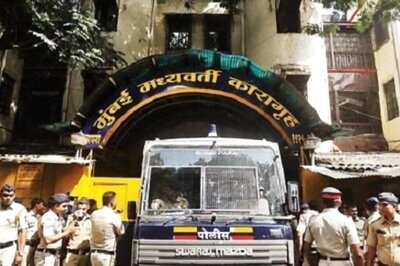
Comments
0 comment